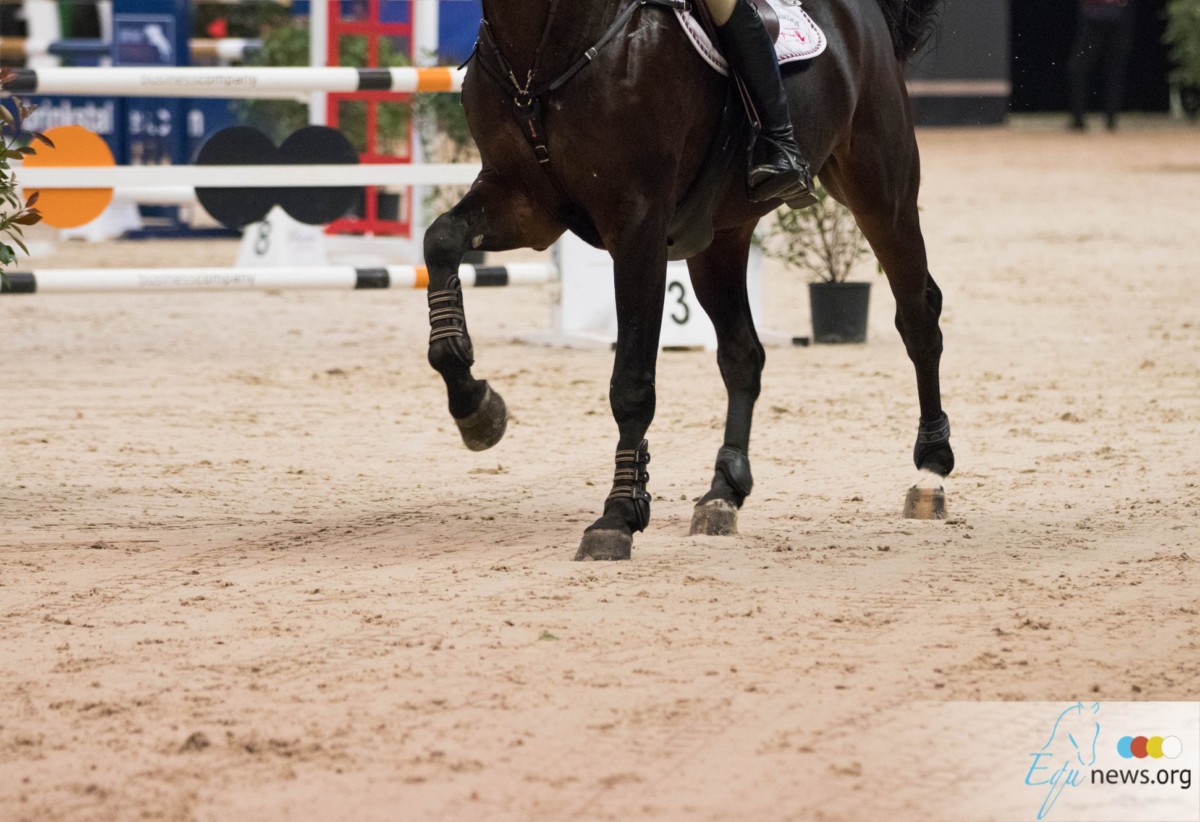Proposed rule changes pertaining to whip use and blood took center stage during the FEI General Assembly meeting, held Nov. 16-20, in Manama, Bahrain. Eventers now have more stringent rules in place. Language was added to Article 526.3, Use Of Whip, to expand the ground jury’s power to determine abuse. In addition, specific instances of abuse were added to the list already included in the rule. These are: “multiple excessive uses of a whip between fences” and “if a horse’s skin is broken or has visible marks the use of whip will always be deemed to be excessive.” A whip also may not be used more than twice for any one incident; previously it was three times. The blood rule for eventing was also significantly altered and expanded. The previous rule stated, in entirety: “Blood on Horses must be reviewed case by case by the ground jury. Not all cases of blood will lead to elimination. In minor cases of blood in the mouth, such as where a Horse appears to have bitten its tongue or lip, or minor bleeding, after investigation in consultation with the Veterinarian, the Ground Jury may authorize the Athlete to continue.” Under the new eventing blood rule, there are differences for each phase. For dressage: “If the ground jury suspects bleeding on the Horse during the test, he will stop the Horse to check. If the Horse shows fresh blood, it will be eliminated. The elimination is final. If the Judge through examination clarifies that the Horse has no fresh blood, the Horse may resume and finish its test.” For cross-country: “All blood on the horse, if induced by the athlete (blood, bit, and whip), must be reviewed case by case by the Ground Jury. Non-minor cases of blood will result in Elimination.” If the horse is bleeding in the mouth, the ground jury, in consultation with the veterinarian, can examine it and permit the horse to continue. But the wording was changed from “minor” bleeding to “fresh” bleeding in the mouth that will lead to the investigation. For show jumping: Horses with blood on the flanks or mouth will be eliminated. “In minor cases of blood, such as where a Horse appears to have bitten its tongue or lip, Officials may authorize the rinsing or wiping of the mouth and allow the Athlete to continue; any further evidence of blood in the mouth will result in Elimination (refer article 241). For all minor cases of blood induced by the Athlete in the mouth or related to spurs a Recorded Warning will be issued by the Ground Jury after providing the athlete the opportunity to have a hearing,” states the rest of the rule. The FEI also voted to update rules on its yellow card system for eventing to go along with the blood and whip rule changes. They added “Recorded Warnings” to the type of penalty and spelled out scenarios that automatically result in a sanction: • “All cases of minor Blood on Horse caused by the Athlete, either in the mouth or on flanks from spurs, shall be sanctioned by a Recorded Warning as a minimum or by stronger sanction(s) (as provided for under Art. 525.2). • “All cases of excessive use of whip, as defined above, shall automatically be sanctioned with a Yellow Warning Card or by stronger sanction(s) (as provided for under Art. 525.2). • “A Yellow Warning Card will be systematically awarded if the Athlete continues after clear 3 refusals, a fall or any form of elimination. • “Should the same Athlete receive more than one Recorded Warning for a case of Athlete-induced Blood on a Horse within three years, he will automatically be issued a Yellow Warning Card. • “Two Recorded Warnings, within a 12-month period, for the same offence, will result in a Yellow Warning Card.” For any person who receives more than one yellow card within a year, the automatic suspension was raised to four months; previously it was two months. Another rule allows FEI Nations Cup eventing competitions that have less than five national federations (but no less than three) entered to extend invitations for two teams per nation, with the team competing for the Nations Cup points determined before the start of competition. The new star system for eventing will debut in the 2019 season.
FEI Votes To Changes Abuse And Blood Rules At General Assembly
-
categories:

